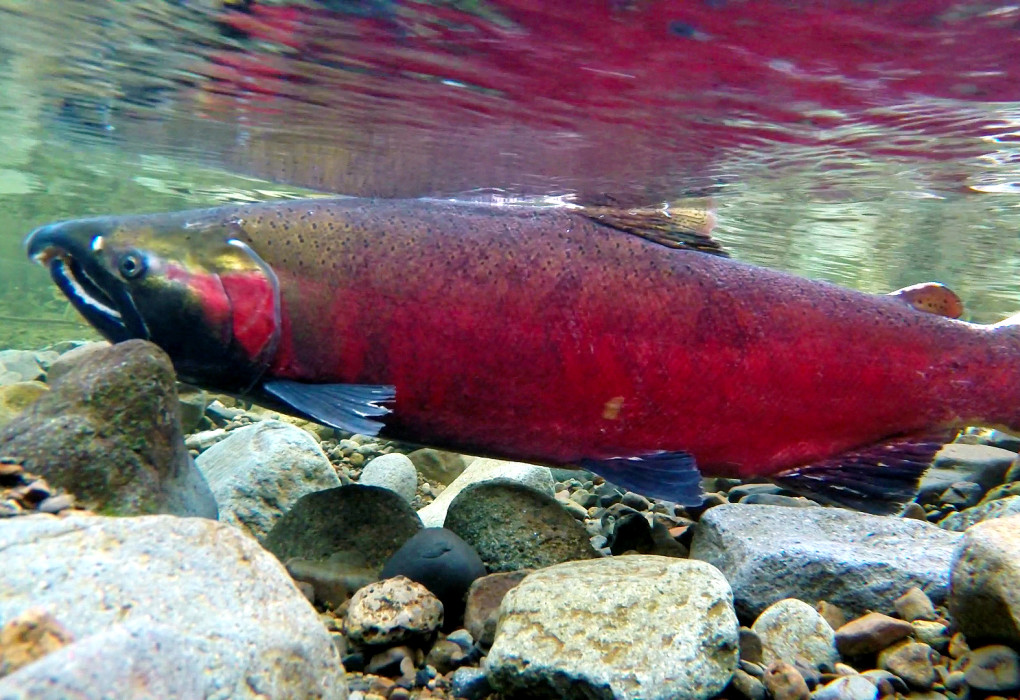Coho in the Upper Willamette Set For Another Record Run
ODFW is expecting another record-breaking run of coho in the upper Willamette this year. As we covered in this article we published last winter, coho are considered non-native to the upper Willamette River (anywhere upstream of Willamette Falls). That means there should be some very good salmon fishing in the basin, with the added bonus of being able to take a fish home!
Close to 11,000 coho have passed Willamette Falls so far this fall (as of September 16), with numbers continuing to increase. So far, your best bet for successfully hooking a coho is near the mouth of the Tualatin, Yamhill, or Molalla. Starting October 1, the coho season will open on the mainstem Willamette above Albany, as well as in the Coast Fork, Middle Fork (below Dexter Dam), and the McKenzie (below Leaburg Dam).
This fall is the perfect time to get out and enjoy the large numbers of returning coho, but be mindful of the wild, native spring Chinook. Spring Chinook are already starting to spawn in Willamette basin tributaries, so please keep the following in mind:
Avoid fishing in areas where spring Chinook are spawning;
Be careful to not tread on their redds while wading. Chinook redds are typically large–about 3’ or so in width and 6-8’ in length–and are in areas of the river with gravel bottom, often at the tail of a pool/head of a riffle. Fresh redds are easy to spot due to the disturbance caused by digging, but older redds can be easy to miss. Look for areas where there is a large depression in the streambed, with a mound of gravel just downstream. The mound is where the eggs are buried.
Good luck and please share your fishing photos and stories with us! liz@nativefishsociety.org or on Instagram @native_fish_society

